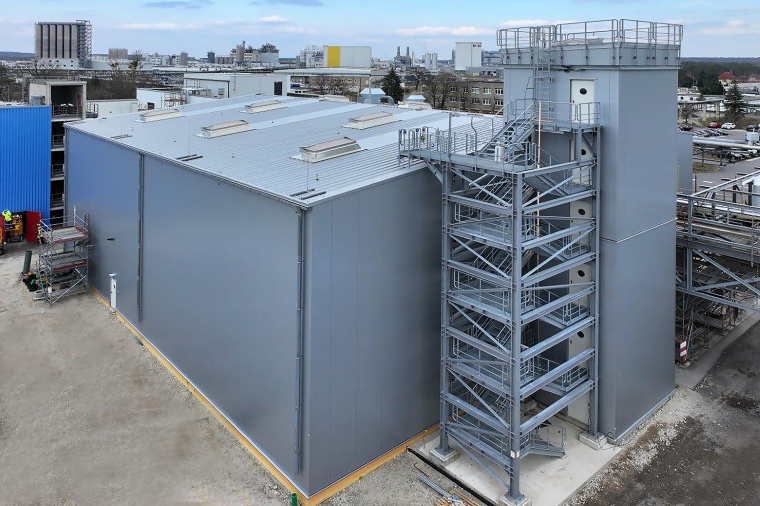BASF Launched Prototype Metal Refinery for Battery Recycling in Germany
BASF has started operations at its prototype metal refinery for battery recycling in Schwarzheide, Germany. The plant enables the development of operational procedures and the optimization of innovative battery recycling technology, processing end-of-life lithium-ion batteries and battery production scrap, the company said.
According to BASF, this will facilitate optimal recovery of valuable metals such as lithium, nickel, cobalt, manganese and copper when scaling up the technology.
Another step in the construction of Europe’s first co-located center of battery materials production and battery recycling in Schwarzheide, the prototype metal refinery complements BASF’s existing cathode active materials plant and the battery recycling plant for the production of black mass, which is scheduled to start operations later this year. The chemical group wants to establish a commercial-scale refinery in Europe in the next years.
“With the expected rapid growth of the electric vehicle market, battery recycling provides competitive and sustainable access to critical metals,” said Daniel Schönfelder, president of BASF’s Catalysts division, who is also responsible for the company’s battery materials and battery recycling business. “We will use the extracted metals to enable a truly local circular economy for the battery value chain,” Schönfelder added.


















